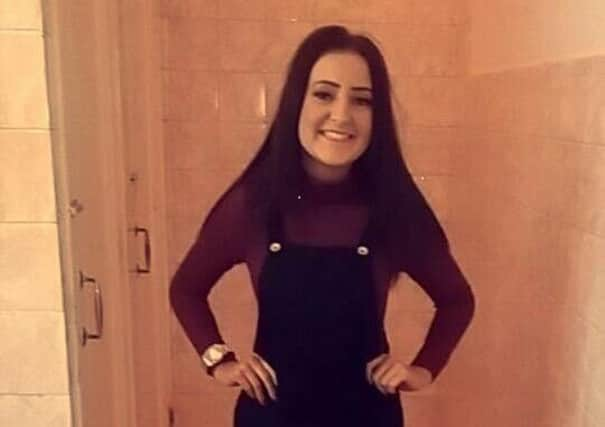MSP launches post-mortem bill in honour of murdered Paige Doherty


MSP Gil Paterson has lodged the bill with the Scottish Parliament following a lengthy consultation process.
Paige was 15 when she was stabbed more than 140 times by convicted murderer John Leathem, at the deli he owned in Clydebank, West Dunbartonshire.
Advertisement
Hide AdAdvertisement
Hide AdPaige’s Law aims to introduce a time-limit for a second defence post mortem to take place to allow families to have their loved ones returned to them sooner.
Her heartbroken family have spoken out about their anguish at the month-long wait to bury Paige after she was killed in 2016.
The SNP politician for Clydebank and Milngavie now has one month to gather support from 18 fellow MSPs, from at least three political parties.
Once he has the backing, the document will be put before a team of drafters before it is sent to the relevant parliament committee.
Mr Paterson said: “I am pleased that the Parliamentary process has now started, and I am anticipating support for this simple but crucial measure.
“The fact that some of the comments submitted to the consultation by very learned people, who are heavily involved in the process, suggest it might be possible that in the future only one post-mortem, or two performed at the same time, might be desirable is indeed positive.
“It’s been a long journey for Paige’s family, I hope this will give them a little bit of comfort at this stage.”
Speaking earlier this year, the schoolgirl’s mother Pamela said: “When Paige passed away, we had to wait one month for her body to be released. This, for us, was horrific.
“We couldn’t go see her while she lay in the mortuary because we ran the risk of her body deteriorating to nothing so we made decision to leave her as long as we could.”